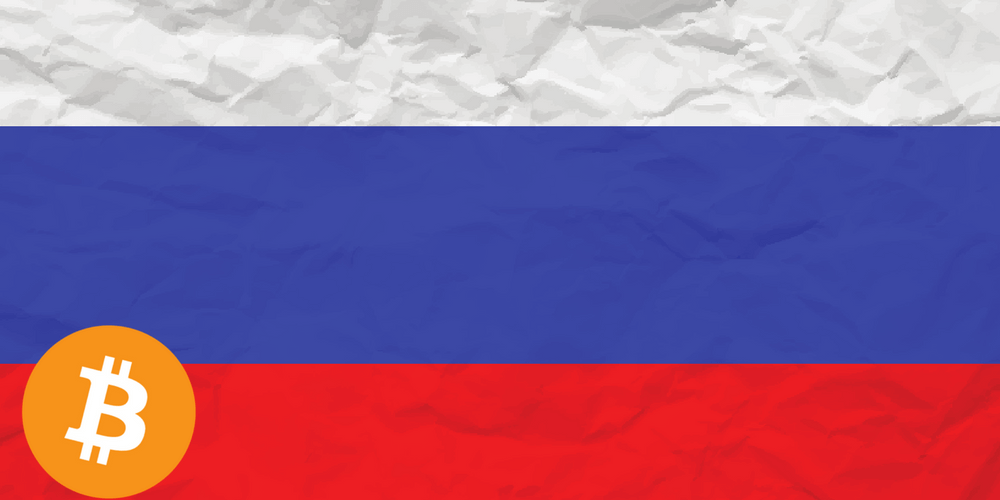
Russia has reportedly said that it will legalise the cryptocurrency market by the summer, at the instruction of Russia’s President Vladimir Putin.
In a report from Russia’s Parliament Newspaper, it states that the new legislation will take effect on the 1st July, 2018. According to the report, two draft laws have been prepared by the Central Bank of Russia and the Ministry of Finance.
The documents aim to establish the legal basis for the release of initial coin offering (ICO) tokens in Russia in addition to regulating the turnover of the crypto market.
Notably, even though a consensus has been reached on the main regulatory positions, there remains a contradiction between the central bank and the finance ministry, according to Anatoly Aksakov, the chair of the State Duma Committee for the Financial Market.
In a rough translation, he said:
“The Central Bank is against the legalization of this type of digital currency, since in this case citizens can start actively investing in crypto-tools, not taking into account possible risks.”
In the draft law from the central bank, only commercial organizations and individual entrepreneurs can attract investments in crowdfunding, the report indicates. According to Venera Shaydullina, senior lecturer of the Department for Legal Regulation of Economic Activities of the Financial University under the Government of the Russian Federation, this means that non-profit organisations will not be able to attract investments. Yet, in Shaydullina’s opinion, the ‘initiative requires substantial refinement.’
Roughly translated she added:
“Otherwise, the law will entail an outflow of investments from the country in connection with the establishment of stringent requirements for both investment sites and investors and ICO projects. In addition, the new regulatory framework should not contain rigid requirements for the participants of cryptocurrency. There should be no restrictions on the amount of investments attracted or the amounts invested by the investor.”
In January, CoinJournal reported that Russia’s finance ministry had published a draft bill entitled ‘Digital Finance Assets,’ which outlined a framework for the regulation of cryptocurrencies, tokens, and ICOs in Russia.
If Russia goes ahead and legalises cryptocurrencies residents will be able to trade in the market through licensed exchanges that must be registered in Russia and comply with the national legislation for securities. They won’t, however, be permitted to use cryptocurrencies as a means of payment as the Russian ruble remains the only legal tender in the country.
Aksakov said that this month will see the submission of both bills to the chamber for consideration.

